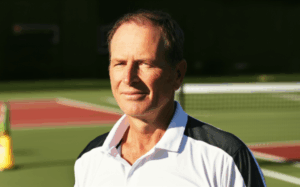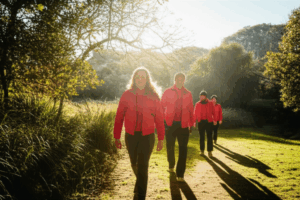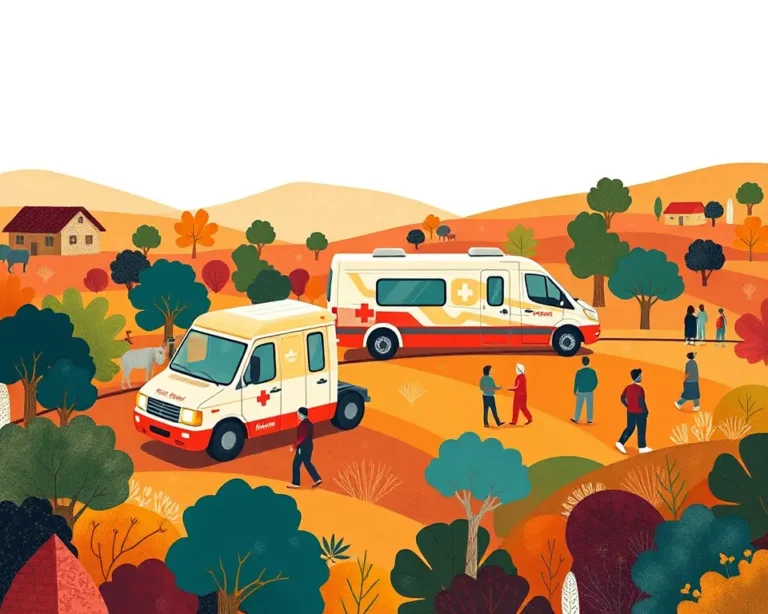The Central Valley, a vibrant but often underserved region of California, is about to receive a significant boost in mental healthcare access. Mobile mental health vans are hitting the road, bringing crucial services directly to rural communities, migrant camps, and veterans’ halls. This innovative approach aims to break down barriers and ensure that individuals in need receive the support they deserve.
The Mental Health Crisis in the Central Valley
The Central Valley faces a unique set of challenges when it comes to mental healthcare. Studies and surveys consistently highlight the disparities between this region and more urbanized areas of California.
- Limited Access: A significant portion of Central Valley residents report difficulty finding mental health providers who accept their insurance. Many must endure unreasonably long waits for appointments.
- Provider Shortages: The Central Valley has a lower concentration of mental health professionals compared to coastal and urban counties. This shortage leads to overworked providers and limited service availability.
- Rural Barriers: Rural residents often face additional hurdles, including transportation difficulties, social stigma, and a lack of anonymity in small communities.
- Socioeconomic Factors: Higher rates of poverty, unemployment, and lack of insurance coverage further exacerbate the challenges of accessing mental healthcare in the Central Valley.
- Higher Rates of Mental Illness: The Central Valley has some of the highest rates of mental illness in California with the fewest resources.
- Suicide Rates: Suicide rates are almost twice as high in rural counties compared to urban areas.
- Stigma: Misconceptions, myths, and stigma associated with mental illness are significant barriers that keep people with mental health disorders from seeking and receiving treatment in rural areas.
These factors contribute to a perfect storm, leaving many Central Valley residents without the mental health support they desperately need.
La Familia Central Valley: Leading the Charge
Recognizing the urgent need for accessible mental healthcare, La Familia Central Valley (LFCV), a community-based organization, is spearheading a mobile mental health initiative. With a focus on reaching underserved populations in Stanislaus and Merced counties, LFCV’s Mobile Mental Health Access Point program is set to transform the landscape of mental healthcare delivery in the region.
A $714,000 Investment in Community Wellbeing
LFCV has secured over $714,000 in combined federal and state funding to launch its Mobile Mental Health Access Point. This substantial investment demonstrates a commitment to addressing the mental health crisis in the Central Valley. The funding, secured through the support of U.S. Senator Alex Padilla and Assembly member Juan Alanis, will enable LFCV to deploy two fully equipped health vans and provide comprehensive services to at least 500 individuals across Stanislaus and Merced counties.
Mobile Units: Bringing Care to the People
The heart of the Mobile Mental Health Access Point program lies in its two retrofitted health vans. Designed to resemble a therapist’s office, the vans provide a comfortable and private space for individuals to receive mental health services. Each van is equipped with:
- Chairs and a desk for therapy sessions
- A refrigerator for storing medications and refreshments
- Ample outlets for charging devices
Staffed by Spanish-speaking therapists and case managers, the mobile units are designed to meet the unique needs of the communities they serve.
Reaching Underserved Communities
The Mobile Mental Health Access Point program targets specific populations within Stanislaus and Merced counties, including:
- Veterans
- Migrant farmworkers
- Spanish-speaking families
- Children
By bringing services directly to these communities, LFCV aims to eliminate transportation barriers, reduce stigma, and build trust with individuals who may be hesitant to seek help. The vans will visit locations such as:
- Veterans’ halls
- Migrant camps
- Schools
- Community centers
- Local events
This strategic approach ensures that mental healthcare is readily available to those who need it most. The program will reach communities in Patterson, Newman, Gustine, Santa Nella and Los Banos.
Comprehensive Services On-Site
The Mobile Mental Health Access Point program offers a range of services, including:
- Screening: Assessing individuals for anxiety, depression, and substance use disorders
- Therapy: Providing individual, family, and group therapy sessions
- Case Management: Connecting individuals with resources and support services
- Referrals: Linking individuals with specialized care, such as psychiatric services or inpatient treatment
- Telehealth: Offering remote therapy sessions via video conferencing
- Onsite Services: Providing services at schools, community centers, and local events
This comprehensive approach ensures that individuals receive the right care at the right time, empowering them to improve their mental wellbeing.
Overcoming Barriers: A Holistic Approach
LFCV’s Mobile Mental Health Access Point program addresses several key barriers to mental healthcare in the Central Valley:
- Transportation: By bringing services directly to communities, the program eliminates the need for individuals to travel long distances to receive care.
- Affordability: Many of LFCV’s services are free or offered at a low cost, making mental healthcare accessible to individuals with limited financial resources.
- Cultural Sensitivity: With Spanish-speaking therapists and case managers, the program caters to the linguistic and cultural needs of the region’s large Hispanic population.
- Stigma: By providing services in familiar and trusted settings, the program aims to reduce the stigma associated with seeking mental healthcare.
By tackling these barriers head-on, LFCV is creating a more equitable and accessible mental healthcare system for the Central Valley.
The Broader Picture: Mental Health Initiatives in California
LFCV’s Mobile Mental Health Access Point program is part of a larger movement to improve mental healthcare access in California. Several other initiatives are underway across the state:
- Mobile Crisis Teams: Many counties are implementing mobile crisis teams that respond to mental health emergencies, providing on-site assessment, de-escalation, and referrals.
- Telehealth Expansion: Telehealth services are becoming increasingly popular, allowing individuals to access therapy and psychiatric care remotely.
- School-Based Programs: Schools are implementing mental health programs to support students’ wellbeing and identify early signs of mental health issues.
- Community Partnerships: Healthcare providers are partnering with community organizations to expand access to mental healthcare in underserved areas.
- CalHOPE: Offers digital mental health support for youth, young adults, and families.
These initiatives, combined with LFCV’s innovative approach, are paving the way for a more comprehensive and accessible mental healthcare system in California.
Challenges and Opportunities
While the mobile mental health van initiative holds great promise, several challenges and opportunities remain:
- Sustainability: Securing long-term funding to sustain the program and expand its reach is crucial.
- Workforce Development: Recruiting and retaining qualified mental health professionals, particularly those who are bilingual and culturally competent, is essential.
- Community Awareness: Raising awareness about the program and its services is vital to ensure that individuals in need can access them.
- Data Collection: Tracking outcomes and collecting data on the program’s effectiveness is important for continuous improvement and demonstrating its impact.
- Collaboration: Fostering collaboration among healthcare providers, community organizations, and government agencies is key to creating a seamless and integrated mental healthcare system.
By addressing these challenges and seizing the opportunities, the Central Valley can build a robust and sustainable mental healthcare system that meets the needs of all its residents.
A Promising Future for Mental Healthcare
The launch of LFCV’s Mobile Mental Health Access Point program marks a significant step forward in addressing the mental health crisis in the Central Valley. By bringing care directly to underserved communities, this innovative initiative is breaking down barriers, reducing stigma, and empowering individuals to improve their mental wellbeing. As the mobile vans hit the road, they carry with them a message of hope and healing, promising a brighter future for the mental health of the Central Valley.







